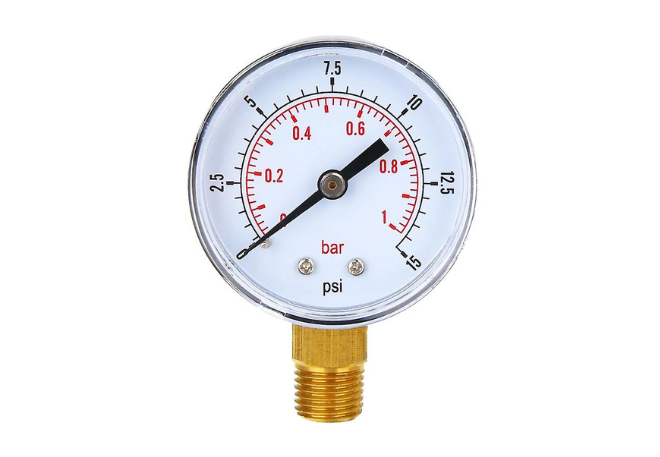How Do Pneumatic Filters Enhance Your Air System's Performance?
In today's advanced industrial environments, maintaining the efficiency of pneumatic systems is crucial. A key component in achieving this is through adequate air preparation, and at the heart of this process lies the use of pneumatic filters. But why are these filters so vital, and how can they benefit your system? This blog post delves into the importance of pneumatic filters in air system performance, highlighting how they are integral to the longevity and efficiency of your equipment.
Understanding Pneumatic Filters
Pneumatic filters are designed to remove contaminants such as dust, water vapour, and oil aerosols from compressed air, which is often present in pneumatic systems' air supply. If not properly managed, these contaminants can cause significant damage and inefficiency in the system.
Role in Pneumatic Air Preparation: Pneumatic air preparation involves regulating and filtering compressed air to ensure optimal performance of the pneumatic system. Filters play a pivotal role in this by providing clean, dry, and controlled air, which is essential for the efficient operation of pneumatic tools and machinery.
Types of Pneumatic Filters:
- General Purpose Filters: Remove particles and water droplets.
- Coalescing Filters: Target oil and finer impurities.
- Activated Carbon Filters: Eliminate odors and vapors.
Benefits of Installing Pneumatic Filters
Incorporating pneumatic filters into your system is not just a necessity; it’s a wise investment. Here’s how these filters can be beneficial:
- Enhanced System Reliability: Clean air means fewer breakdowns and disruptions, leading to more reliable system operations.
- Extended Equipment Life: Filters protect sensitive pneumatic components by keeping abrasive and corrosive contaminants away, thereby extending their lifespan.
- Improved Product Quality: Cleaner air results in higher-quality outputs, especially in processes sensitive to contamination, like painting or food production.
Best Practices for Pneumatic Filter Installation and Maintenance
Proper installation and maintenance are crucial to maximising the benefits of pneumatic filters.
- Correct Placement: Ensure filters are placed at points where they will be most effective, typically right before components that require the cleanest air.
- Regular Maintenance: Check and replace filter elements regularly to avoid clogs and maintain airflow and quality.
- Optimal Sizing: Choose filters based on the size and requirements of your pneumatic system to avoid inefficiencies or undue wear and tear.
Challenges in Pneumatic Air Preparation and How Filters Help
Despite their benefits, the task of preparing air in pneumatic systems can present several challenges.
- Moisture Control: Moisture is a common and troublesome contaminant in pneumatic systems. Pneumatic filters, especially those with desiccant air dryers, are crucial in removing moisture and preventing issues such as corrosion and freezing in control lines.
- Oil Vapor Removal: Oil vapours can degrade the quality of the air and the internal surfaces of the air system. Coalescing filters are particularly effective in capturing these vapours and ensuring that the air is clean and safe for use.
Innovations in Pneumatic Filter Technology
The field of pneumatic filtration is continually evolving, with new technologies improving the efficacy and efficiency of filters.
- Advanced Media Materials: Newer filter materials offer higher efficiency and longer life spans, requiring less frequent changes and maintenance.
- Smart Monitoring Systems: Pneumatic filters with integrated sensors and monitoring systems can now provide real-time data on filter condition and air quality, allowing for proactive maintenance and system management.
Conclusion
Pneumatic filters are more than just accessories in the pneumatic air preparation process; they are fundamental components that enhance the performance, reliability, and longevity of your pneumatic systems. Investing in high-quality pneumatic filters and following best practices in installation and maintenance can lead to significant improvements in system performance and cost savings over time. By understanding the role and benefits of these filters, businesses can take a proactive approach to managing their pneumatic systems, leading to more efficient and effective operations.




Comments
Post a Comment